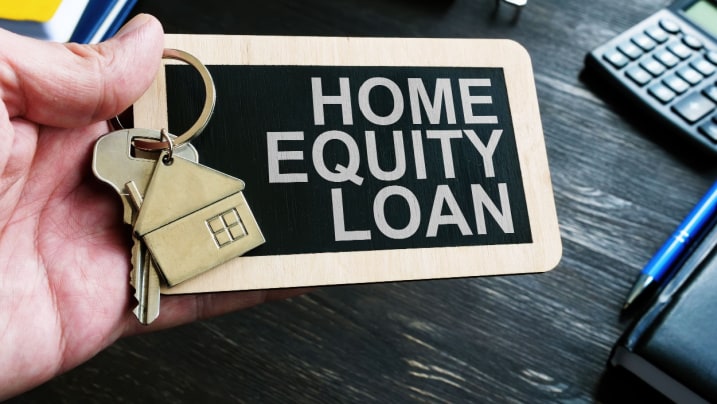
Are you considering using your home’s equity for credit or a loan? Consequently, while taking this loan, you have, in fact, many questions in your mind. To introduce yourself to the common terms used while pursuing the loan process, you may have to know about these conditions as you explore a home equity loan. You will receive the amount in a lump sum, then make the regular installments, which must be paid off to the specific term; generally, it should vary from 5 years to 30 years.
Expected Duration of Home Equity Loan
The term of a home equity loan starts from 5 years, but you can make it more stretchable around 10 to 30 years, depending on your borrower. Generally, the long-duration loan term has more reasonable monthly payments, while the shorter loan term has higher monthly payments.
To avoid the thousands of dollars of interest fees, you may have to go for a long-term loan but pay back it early with the surety that the borrower doesn’t charge the repayment fine. You must stick with a minimum monthly payment with congested income, and you can put extra cash towards your loan balance whenever you want.
Possible Terms of a Home Equity Loan
When you go for a home equity loan, your lender checks your debt-to-income, and the frequency of your gross monthly income is compared with your repay debt. A comparison should be made for the eligibility of this loan, while your DTI ratio should not surpass 43%.
| Home Equity Loan Duration | Rate of Interest | Month Bases Payments | Amount of Interest Paid |
| 10 Years | 7.20 % | $ 1171 | $ 40570 |
| 15 Years | 7.18% | $909 | $ 63606 |
| 20 Years | 7.86% | $ 828 | $ 98660 |
| 30 Years | 7.375% | $ 691 | $ 148643 |
Advantages and Disadvantages of Home Equity Loan
Some common advantages and disadvantages of home equity loans are given below, which may help you consider your home loan policy more efficiently and effectively.
Advantages
- Lower Interest Rates
- Large Loan Amounts
- Fixed Interest Rates and Payments
- Lower Tax Deductions
- Long Repayment Terms
Disadvantages
- Risk of Foreclosure
- Fees and Closing Costs
- Reduced Home Equity
- Debt Accumulation
- Market Fluctuations Impact Value
Consider your financial situation and goals carefully before deciding on a home equity loan.
How Home Equity Loan Work?
A home equity loan is a type of loan in which the amount is set for the renovation of the home, which is repaid over a set period, which is the equity of the loan for your home. At a specific time, if you cannot repay the loan, you may have to lose your home foreclosure.
About HELOC Loan
A home equity line of credit (HELOC) is a loan secured by your home’s equity, providing stretchable access to reserves. It features variable interest rates, a draw period for borrowing, and a repayment period. While offering lower rates than many loans risks home foreclosure if payments are missed.
Comparison of terms for Home Equity Loan and HELOC
Home Equity Loans have fixed terms, usually between 5 and 30 years, offering predictable monthly payments and a set interest rate. On the other hand, Home Equity Lines of Credit (HELOCs) feature variable rates with flexible borrowing during an initial draw period, typically lasting 5 to 10 years, followed by a repayment period.
Conclusion
The term of a Home Equity Loan defines the repayment schedule, typically ranging from 5 to 30 years. A fixed term allows for predictable payments, helping borrowers manage finances effectively while leveraging home equity for significant expenses or investments. Responsible borrowing is crucial to avoid financial strain and potential foreclosure.
